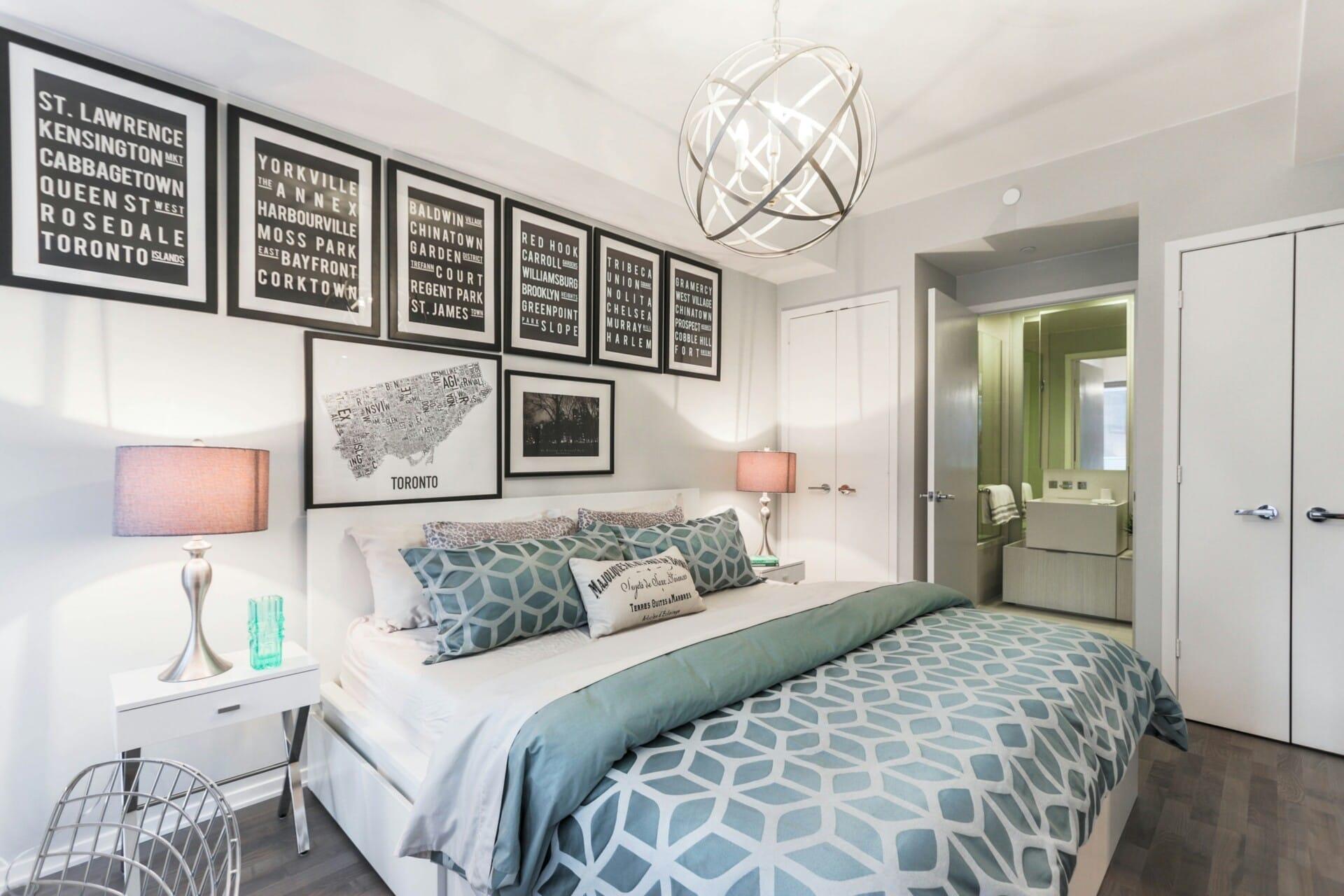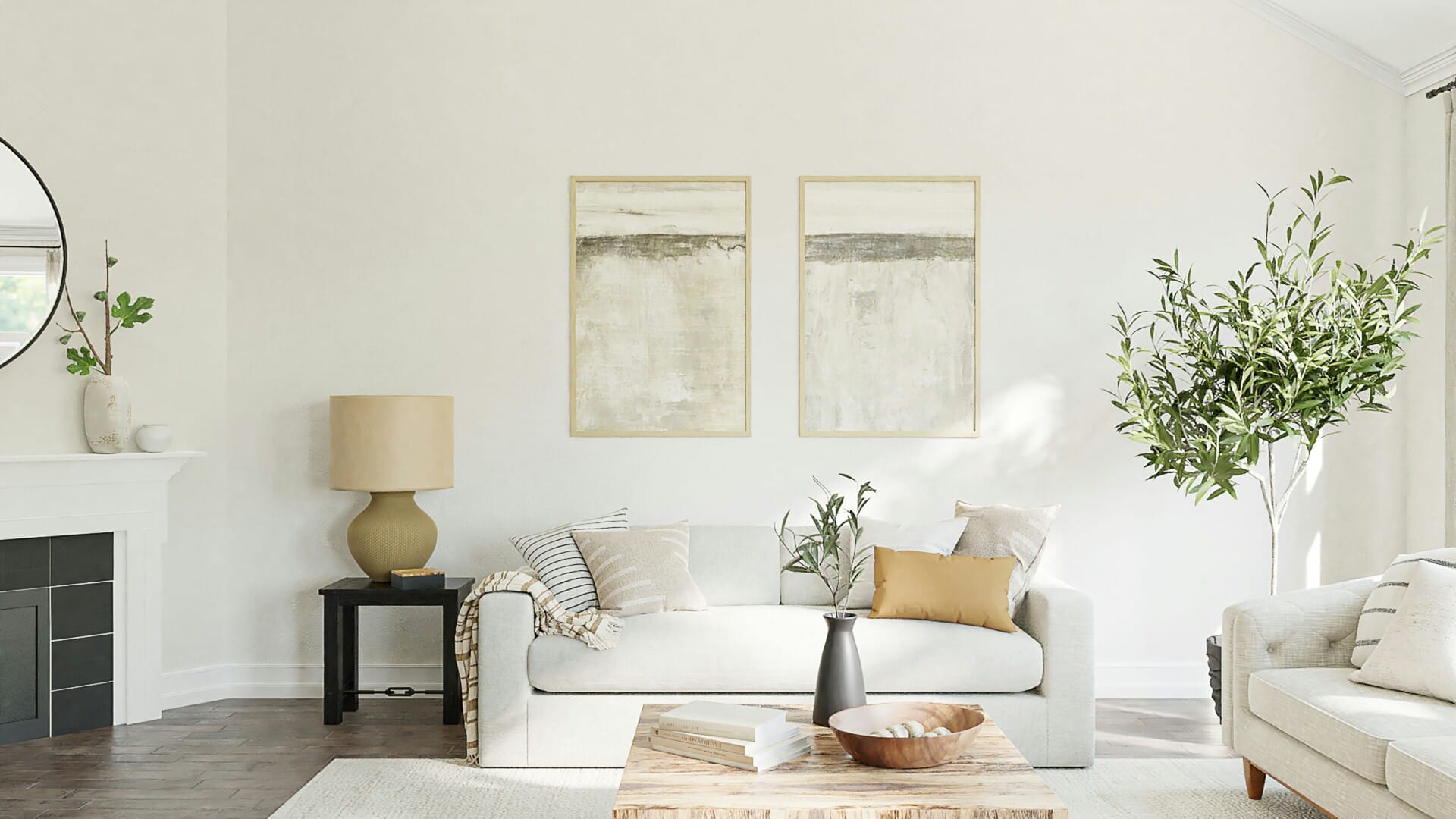
Blog
How to Choose the Perfect Color Scheme for Your Home Reno Project | RumahHQ

So, you’ve decided to give your home a fresh new look—exciting, right? But before you dive into picking out fancy furniture or trendy tiles, there’s one key element that can make or break your entire renovation project: the color scheme! Choosing the perfect colors for your space is like picking the right spices for your favorite dish; it can completely transform the vibe and feel of your home. Whether you’re going for a cozy feel, a modern touch, or a vibrant burst of energy, the right colors can really bring your vision to life. In this article, we’re going to explore simple tips and tricks to help you navigate the colorful world of home renovations, ensuring your place becomes the sanctuary you’ve always dreamed of. Let’s get started on turning that blank canvas into something truly unique!
Understanding Your Space and Its Light Emotions in Color: Choosing a Mood for Your Home Exploring Color Theory: The Power of Complementary and Analogous Colors Seasonal Inspirations: Aligning Your Palette with Nature Trends and Timelessness: Balancing Modern Styles with Classic Choices Practical Tips for Testing Colors: From Swatches to Sample Boards Personal Touch: Infusing Your Unique Style into the Color Palette Coordinating with Existing Elements: Harmonizing Furniture and Decor
Choosing colors for your home is like selecting the perfect soundtrack for a movie – it sets the mood and enhances the overall experience. Each hue evokes emotions and memories, creating spaces that resonate with who you are. Think of warm yellow tones to evoke joy and happiness, while calming blues can bring a sense of tranquility. It’s essential to understand how each room will be used and the emotions you want to inspire in that space. For example:
- Living Room: Warm or neutral tones to foster conversation and comfort.
- Bedroom: Soft blues or greens for relaxation and restful vibes.
- Kitchen: Bright, energetic colors to stimulate appetite and creativity.
When it comes to color theory, the relationship between complementary and analogous colors can become your best friend. Complementary colors sit across from each other on the color wheel and provide vibrant contrast, while analogous colors, which sit side by side, create harmony. Mixing these can transform any space into a visually engaging environment. To ensure you’re on the right track, consider creating a simple table to outline your choices:
| Color Type | Example Colors | Emotional Impact |
|---|---|---|
| Complementary | Blue & Orange | Vibrant and Energetic |
| Analogous | Green, Blue, and Teal | Calming and Serene |
As you decide on your color palette, remember that trends can influence your choices, but timelessness should guide your decisions. Infusing your unique style is just as crucial, whether it’s through a bold accent wall or subtle decor touches. Don’t forget to harmonize your new color scheme with existing furniture and decor. You can achieve this by selecting colors that complement the tones in your pieces. This way, every corner of your home tells a cohesive story:
- Neutral Furniture: Pair with bright or rich hues for contrast.
- Colorful Accessories: Use them as focal points against calmer walls.
- Natural Elements: Incorporate plants or wood features to enhance warmth.
Concluding Remarks
As we wrap up our color journey, remember that choosing the perfect color scheme for your home reno project doesn’t have to be overwhelming. Just think of it as picking an outfit for your home – it should reflect your personality, make you feel good, and create a vibe you love. Whether you’re vibing with calming earth tones or bold, vibrant hues, trust your gut and let your creativity flow. So, grab those paint swatches, experiment a little, and don’t forget to embrace the beauty of transformation. Your home is a canvas; it’s time to splash on some color and bring it to life! Happy reno-ing!
kontraktor rumah
bina rumah
pinjaman lppsa
pengeluaran kwsp
spesifikasi rumah
rumah batu-bata
pelan rumah
rekabentuk rumah
bina rumah atas tanah sendiri
kontraktor rumah selangor
rumah banglo
Source link











